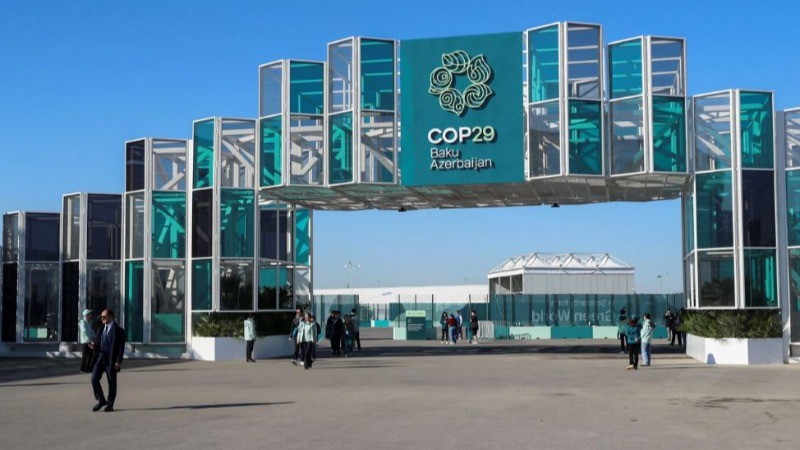
As COP29, the "climate finance COP," kicks off in Baku, the world is focused on how developed nations will fund climate action in developing countries. The primary goal of the summit is to secure concrete financial commitments to help developing nations tackle climate change.
Developing countries, grappling with the escalating effects of extreme weather events like floods, droughts, heatwaves, and storms, face mounting costs. These nations, already struggling with economic challenges, cannot handle these expenses alone. Experts estimate that addressing these climate-driven issues will require trillions of dollars. The funding discussions at COP29 focus on three critical areas: transitioning from fossil fuels to clean energy, adapting to the impacts of climate change, and compensating vulnerable countries for the damages they’ve suffered due to climate-related events.
However, a shadow hangs over the talks as leaders gather in Baku. With the United States set to undergo a change in leadership, foreign diplomats are anxiously watching for any signs of how President-elect Donald Trump might approach global climate negotiations.
After his victory in the U.S. presidential election, Trump's priorities are expected to shift swiftly. Known for his skepticism toward climate change, he has made it clear that he intends to pull the U.S. out of the Paris Agreement, a 2015 international pact designed to curb global warming. He has called the agreement "horrendous" and has expressed his intention to renege on the U.S.'s commitment to reducing greenhouse gases.
This move comes at a critical moment, as scientists warn that the world must dramatically reduce greenhouse gas emissions to prevent the most severe effects of climate change. With the U.S. being the largest emitter of greenhouse gases, Trump's withdrawal from the Paris Agreement could significantly hinder global efforts to mitigate climate change.
Moreover, the U.S. is also expected to abandon its financial support for developing nations, leaving them to cope with climate disasters that they did not cause but are suffering the most from. This is especially troubling given that financial assistance for vulnerable nations is a major topic at COP29.
Instead of moving away from fossil fuels as the global community had pledged, Trump’s administration is likely to take a different route. He has promised to expand oil and gas production, further bolster the U.S.'s role as the world's largest energy exporter, and make it easier to burn coal, one of the dirtiest fossil fuels.
CHD Group Leads International Delegation to COP29 in Azerbaijan to Tackle Climate Challenges
Trump Ends GOP Losing Streak in Nation's Largest Majority-Arab City With Key Final Week Push